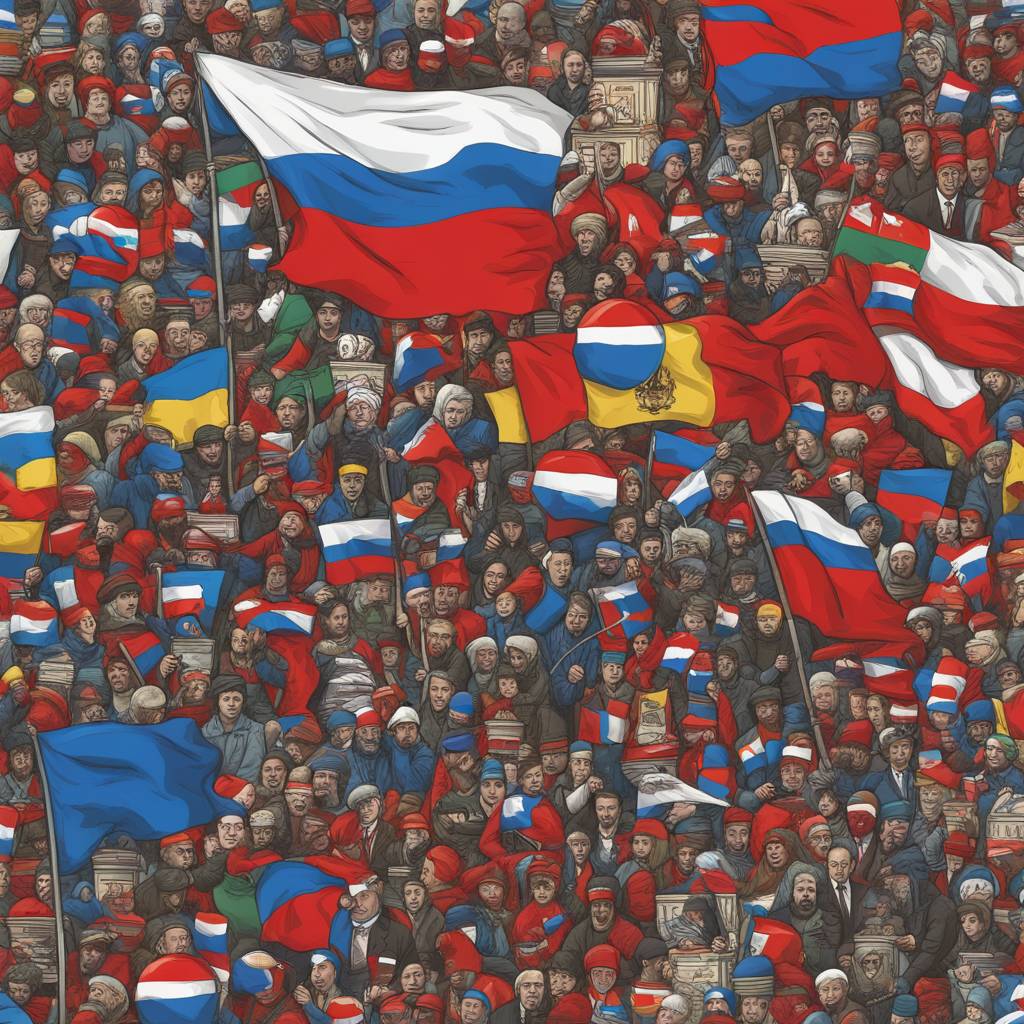Russian lawmakers have asked the Kremlin to investigate claims that Western countries are financing and organizing “terrorist” attacks against Russian citizens, following a mass shooting at Moscow’s Crocus City Hall concert venue where 140 people were killed. The Islamic State group IS-Khorasan has claimed responsibility for the attack, and Russian officials have charged four men with committing a terrorist act. While Kremlin officials have hinted at a connection to Ukraine, no evidence has been presented to support this claim. Some Russian figures have accused the West of having direct involvement in the attack.
The Russian State Duma has requested the Kremlin and investigative bodies to look into the organization and financing of terrorist attacks by Western services against Russia, although the specific reference to the Crocus City Hall attack was not mentioned in the request. This move is seen as an attempt by the Kremlin to capitalize on social fears and anger in Russia following the attack, in order to portray Ukraine, the U.S., and the West as immediate terrorist threats. Disinformation campaigns have been circulating since the Russia-Ukraine war started, and false claims about Ukraine’s involvement in the Crocus City Hall attack emerged quickly after the incident.
Russian President Vladimir Putin acknowledged that the attack was carried out by “radical Islamists,” but also insinuated that it could be part of a larger effort against Russia dating back to 2014. Ukrainian President Volodymyr Zelensky responded to Putin’s accusations, calling him a “sick and cynical creature” and noting that he has been fueled by terror for decades. While the Kremlin has not formally accused Ukraine of the attack, they may choose to do so if their other informational efforts do not generate the desired domestic response.
The U.S. Embassy in Moscow had previously warned of extremist groups with imminent plans to target large gatherings in Moscow, but the White House stated there was no evidence linking Ukraine to the attack. Pro-Kremlin bloggers and Russian TV channels circulated false claims blaming Ukraine for the attack within hours of the incident. These actions demonstrate the ongoing disinformation campaigns surrounding the Russia-Ukraine war and the attempts to shift blame onto external sources. The Institute for the Study of War noted that the Kremlin’s portrayal of Western countries as sponsors of terrorism may be a tactic to boost domestic support for the war in Ukraine.
The request from Russian lawmakers to investigate ties between Western countries and terrorist attacks in Russia reflects a broader narrative by the Kremlin to paint Ukraine, the U.S., and the West as immediate threats to Russia. The lack of evidence linking Ukraine to the Crocus City Hall attack has not deterred some Russian figures from accusing Western forces of direct participation in the bloodshed. As the investigation unfolds and more information comes to light, the true motives behind the attack and the extent of external involvement will hopefully be revealed.








